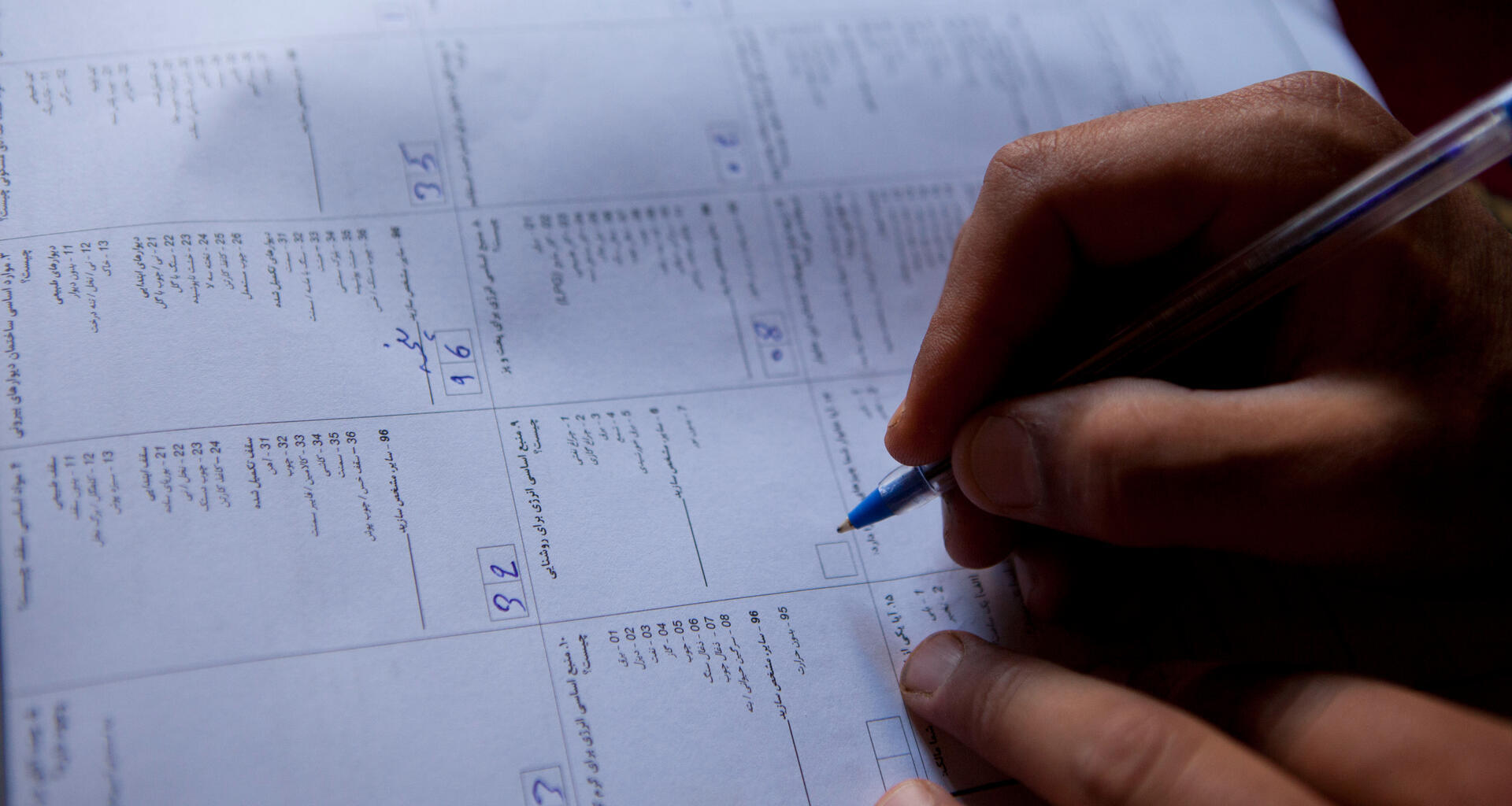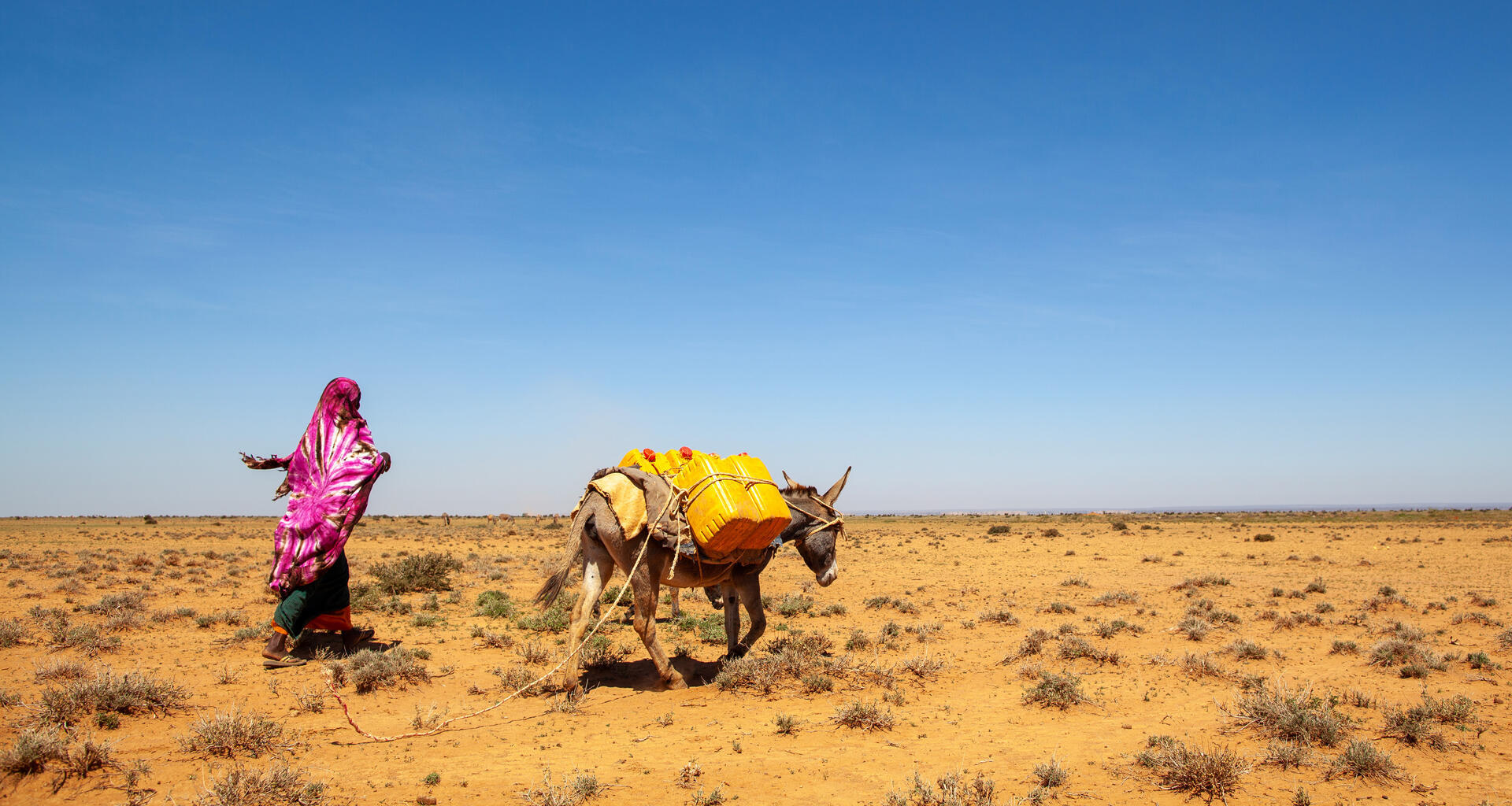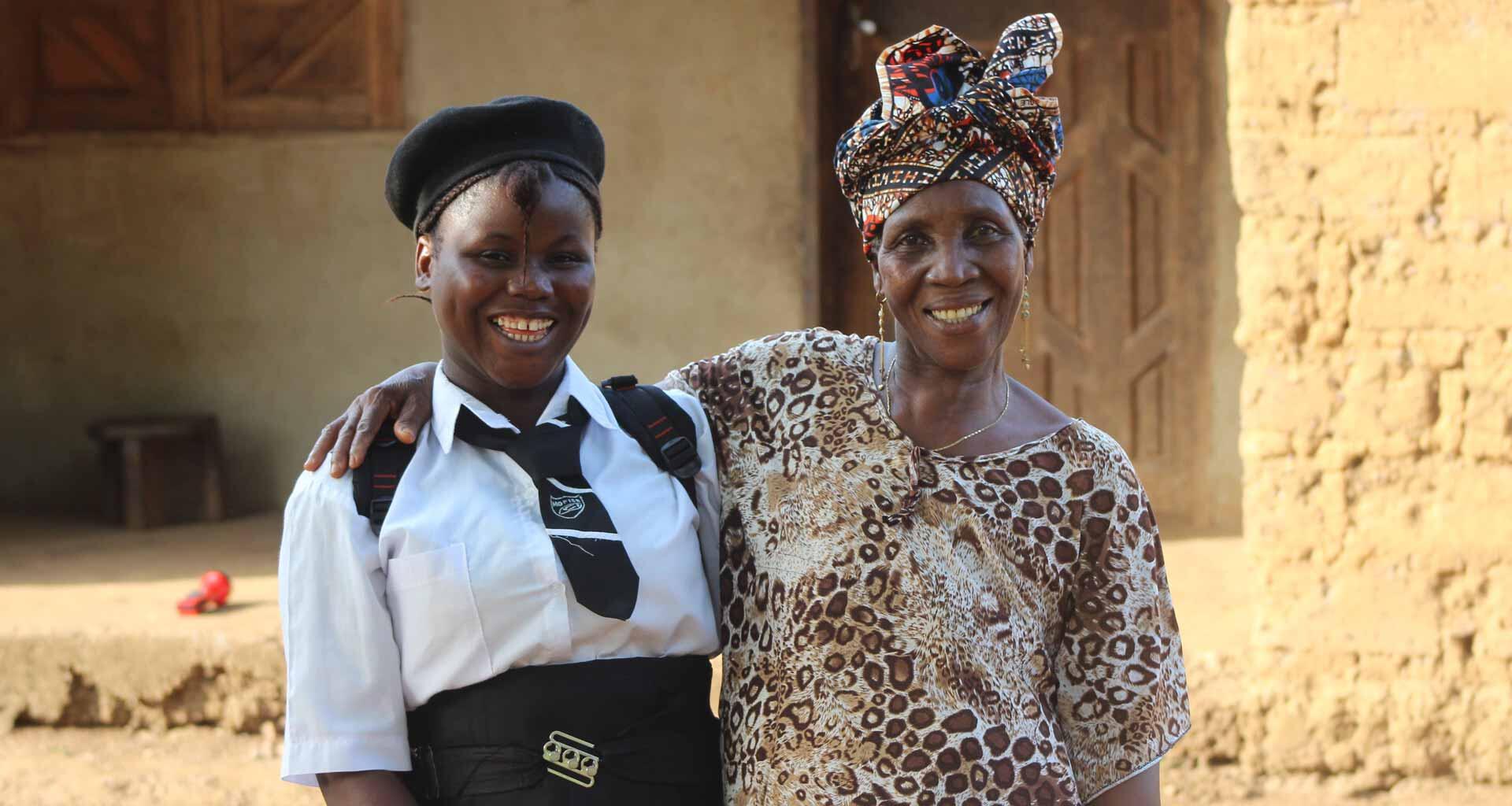The world is ageing rapidly.
Between 1974 and 2024, the worldwide share of people aged 65 almost doubled – increasing from 5.5 per cent to 10.3 per cent. Between 2024 and 2074, this number will double again, increasing to 20.7 per cent, according to United Nations population projections. During the same time, the number of persons aged 80 and above is projected to more than triple.
While developed countries today have the highest share of older persons, developing countries are often witnessing a rapid rate of population ageing, leaving many ill prepared for the new realities.
At the global level, population ageing is attributable to improvements in life expectancy, but also related to a fall in fertility rates across many countries. Today, more than 60 per cent of the world population lives in countries that have a total fertility rate below the “replacement level” – the average rate needed to replace a population over time – of 2.1 live births per woman. As people are not dying as young and fewer children are born, this trend is set to further expand.








